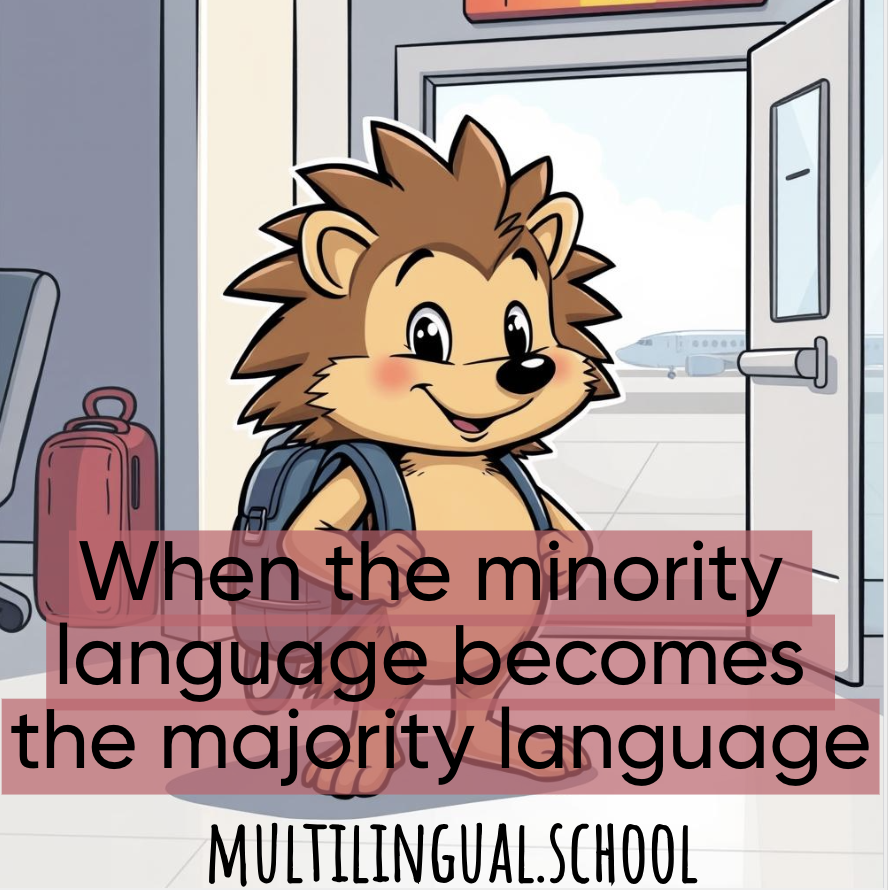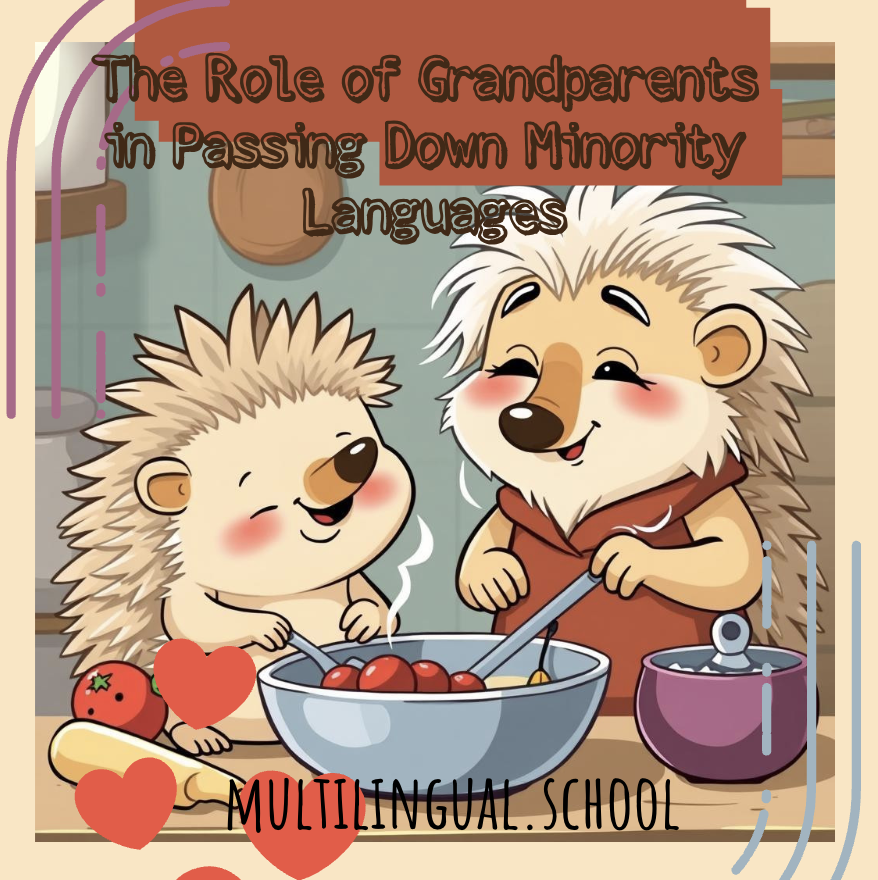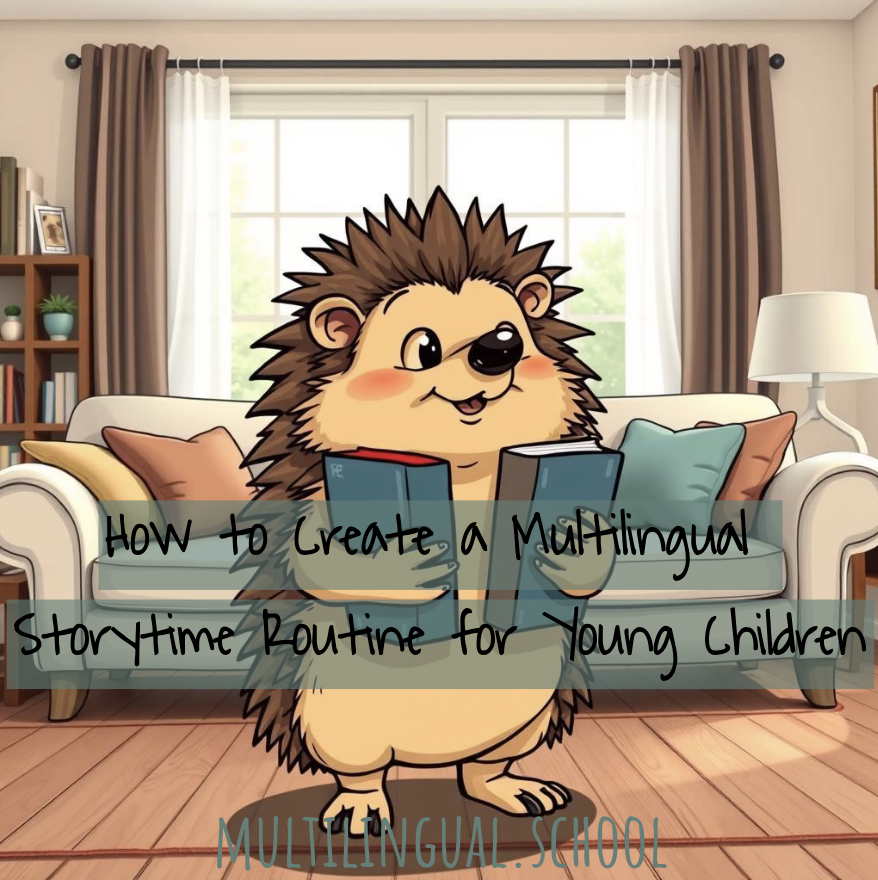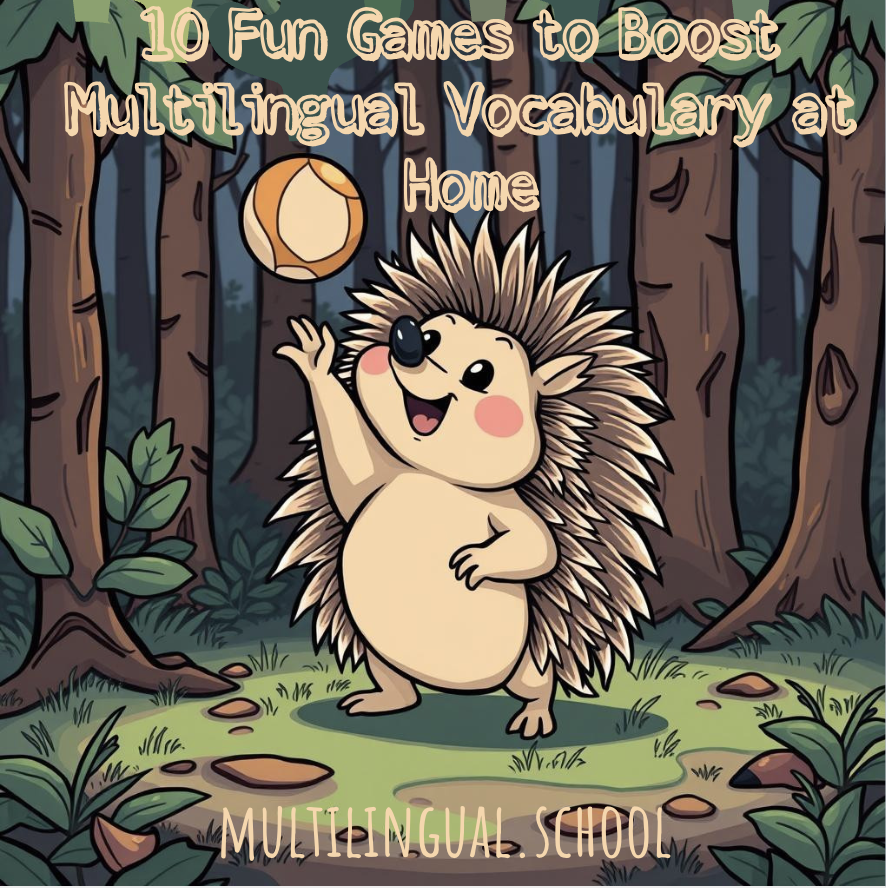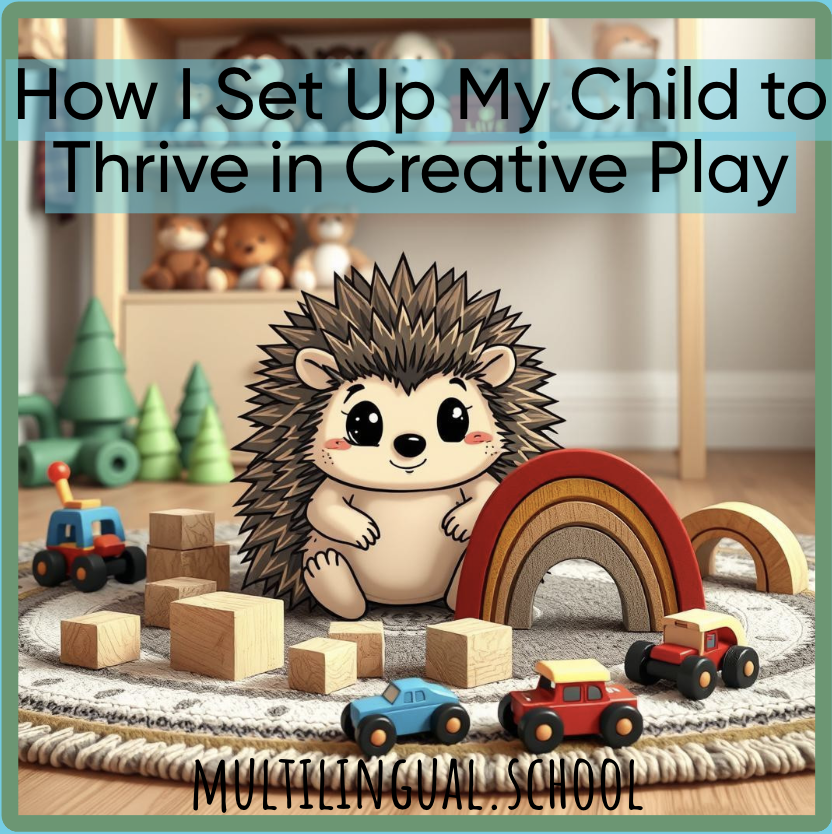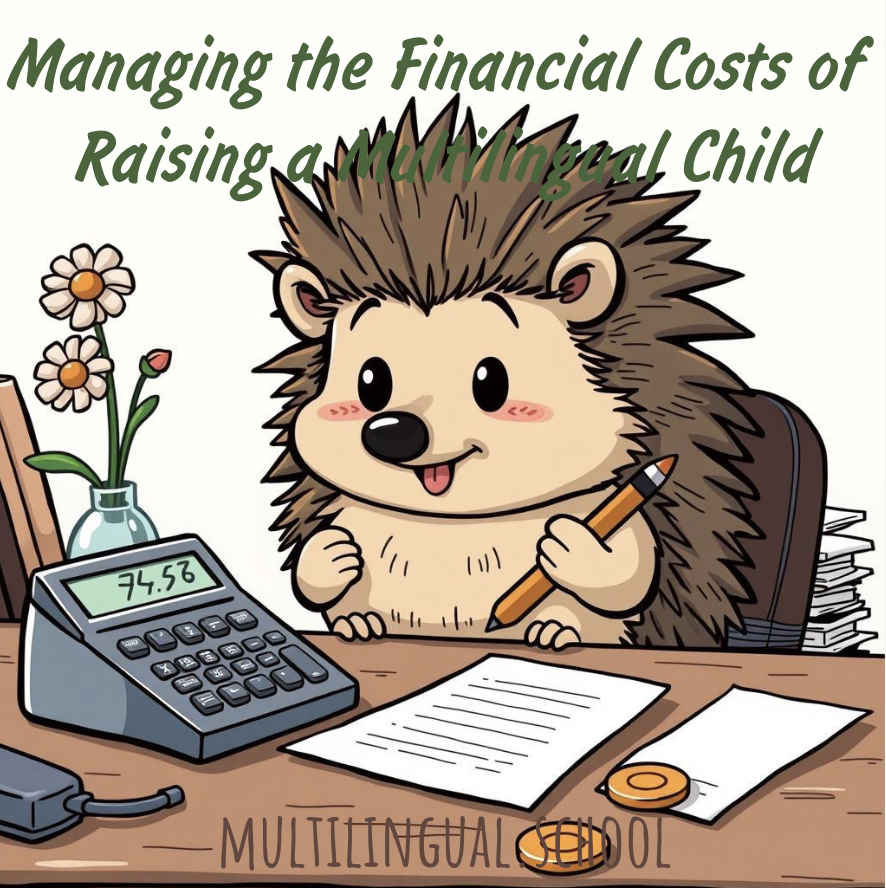Unlocking Language Potential: The Power of Multilingual Mentors for Your Child
This post may contain affiliate links, which means that I may receive a commission if you make a purchase using these links. You do not pay a higher price.
Finding multilingual role models and mentors for your child
In a world that’s more connected than ever, raising a multilingual child is a gift that opens doors to diverse cultures, opportunities, and ways of thinking. But learning multiple languages can be a complex journey for a child - one that requires more than just textbooks or apps. Enter the multilingual mentor: a role model who inspires, guides, and brings languages to life. Finding the right mentor can transform your child’s language learning experience, making it meaningful, personal, and fun.
Why Multilingual Mentors Make a Difference
Children thrive when they have someone to look up to. A multilingual mentor - whether a family member, teacher, or community figure - shows your child what’s possible. They’re a living example of how languages can bridge cultures and unlock new experiences. This isn’t just about vocabulary or grammar; it’s about motivation. When a child sees their mentor confidently speaking multiple languages, it sparks curiosity and builds confidence that they can do it too.
Beyond inspiration, mentors offer something textbooks can’t: cultural depth. They share stories, traditions, and real-world uses of language that make learning feel alive. Imagine a mentor who speaks Spanish and English sharing tales of their travels in Latin America, or a French-speaking role model teaching your child a song their grandmother sang. These moments turn abstract lessons into personal connections.
Where to Find Multilingual Mentors
The good news? Multilingual mentors are closer than you might think. Here are some places to start:
Family Ties: Grandparents, cousins, or even distant relatives who speak another language can be natural mentors. They already have a bond with your child and can weave language into everyday interactions.
School Connections: Teachers or bilingual staff at your child’s school might be willing to mentor. They bring expertise and can align their guidance with your child’s learning style.
Community Resources: Look to cultural centers, language meetups, or local leaders. A librarian who speaks Arabic or a neighbor fluent in Mandarin could become an unexpected guide.
Digital Role Models: Online influencers, YouTubers, or language bloggers can serve as virtual mentors. Their videos or posts can inspire your child, even if the interaction isn’t one-on-one.
The key is to choose someone who’s not just multilingual but also relatable and encouraging - someone your child can connect with.
What a Mentor Brings to the Table
A multilingual mentor does more than teach words - they shape your child’s entire language journey. Here’s how:
Practical Guidance: They can suggest apps, books, or techniques tailored to your child’s level, making learning efficient and enjoyable.
Safe Practice Space: Mentors offer a judgment-free zone for your child to speak, stumble, and improve. This builds fluency faster than solo study.
Cultural Insight: They explain slang, customs, or gestures that give language its flavor—like why Italians wave their hands so much when they talk!
Motivation Boost: By sharing their own language stories (a job they landed, a friend they made), mentors show your child why the effort matters.
Picture this: a mentor who speaks Korean helps your child write a letter to a pen pal in Seoul, then celebrates their first reply. That’s the kind of real-world payoff a mentor can deliver.
The Rewards of Mentorship
The benefits of a multilingual mentor ripple outward, touching every part of your child’s growth:
Confidence Surge: Speaking with a mentor regularly makes your child bolder in using their languages.
Skill Mastery: Consistent practice with a fluent speaker sharpens pronunciation, vocabulary, and comprehension.
Cultural Richness: Exposure to a mentor’s traditions - like cooking a German recipe or celebrating Diwali - deepens their worldview.
Future Opportunities: Languages open career paths, friendships, and travel possibilities, and a mentor helps your child see that horizon.
Studies back this up: kids with language mentors often show faster progress and greater enthusiasm for learning compared to those without.
Tips to Get Started
Ready to find a mentor? Here’s how to make it work:
Define Goals: Decide what you want - casual conversation practice or structured lessons - and share that with the mentor.
Keep It Regular: Schedule weekly chats, whether in person or online, to build momentum.
Stay Positive: Let the relationship grow naturally; don’t force it. A mentor should feel like a friend, not a taskmaster.
Join In: Reinforce the mentor’s efforts by using the language at home—watch a movie together or cook a dish from that culture.
You’re the co-pilot on this journey, so your support amplifies the mentor’s impact.
Open the Door to a Multilingual Future
Finding a multilingual mentor for your child isn’t just about language—it’s about giving them a window to the world. It’s about confidence, connection, and the joy of discovery. Whether it’s a teacher sharing French poetry or an aunt teaching Japanese through origami, the right mentor can turn “I have to learn this” into “I want to learn this.”
So, start today. Reach out to that bilingual friend, explore your community, or browse online for a voice your child can admire. By finding a multilingual mentor, you’re not just teaching your child languages—you’re helping them build a life rich with possibility.


